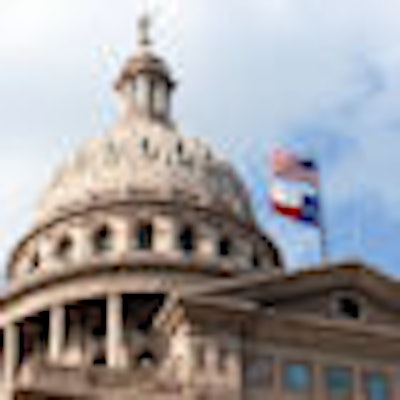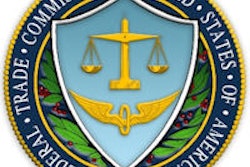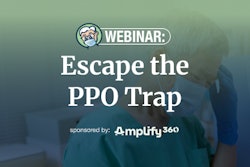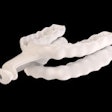
Dental service organizations (DSOs) in Texas would be subject to greater oversight under a bill being introduced by a Texas legislator who accused the groups of "outrageous actions" involving unnecessary pediatric procedures.
SB 151 is designed to "strengthen the Texas State Board of Dental Examiners' ability to ensure that dental treatment is directed solely by licensed dentists, not by corporate entities." The measure would also require DSOs to register with the board and prohibits them from "interfering with dentists' treatment decisions."
“These types of entities have been involved in some of the illegal and, quite candidly, outrageous actions.”
The bill was prefiled on December 21 by Sen. Jane Nelson (R-Flower Mound) in advance of the 83rd Regular Session of the Texas Legislature, which reconvenes on January 8. It would require DSOs to register with the state dental board, and it also would allow the dental board to impose administrative penalties and disciplinary actions against DSOs that violate the Texas Dental Practice Act. Similar to in many states, the law states that only licensed dentists can own and operate dental clinics.
Currently, DSOs in Texas are not subject to any state regulation, Nelson noted.
"We need to ensure that these organizations are accountable to the board and, more importantly, that they are not substituting their judgment for that of our trained, licensed dentists," Nelson said in a statement.
Additionally, the bill would require that dentists inform parents or guardians before treating a child that they can be present for treatments and that the dentists cannot bar the parents if they wish to accompany the child during treatment.
"No child should undergo complicated, painful procedures without a parent being involved at every point in the process," Nelson said. "These types of entities have been involved in some of the illegal and, quite candidly, outrageous actions involving the enticement of children to undergo costly and oftentimes unnecessary procedures at the taxpayer's expense."
'Unnecessary and anticompetitive'
In recent years U.S.-based DSOs have come under scrutiny from numerous legal and legislative entities. The issue has gained particular notoriety in Texas, where investigations found that dental chains and orthodontists across the state had bilked the Medicaid system out of tens of millions of dollars. As a result, state lawmakers began a major crackdown on dental Medicaid fraud and formed a task force to help deal with the problem.
For example, in March of this year, All Smiles Dental Center agreed to pay $1.2 million as part of a settlement agreement related to charges of Medicaid fraud. In addition, the state attorney general sued All Smiles and its owners, accusing them of costing taxpayers millions of dollars for unnecessary orthodontic work on Medicaid patients.
However, the Texas Coalition of Dental Support Organizations (TCDSO), which includes several large DSOs, said increased oversight of its businesses could produce regulations that are "unnecessary and anticompetitive."
“We look forward to discussing our views with Senator Nelson and other lawmakers in the coming weeks and continue our call to the entire Texas dental community to work with us to ensure Texans have the widest possible access to affordable, high-quality dental care,” responded TCDSO spokesman Bill Noble in an email to DrBicuspid.com.
Last month the TCDSO criticized the comments of Richard Black, DDS, an El Paso orthodontist who testified in October before the Texas House Public Health Committee on behalf of the Texas Dental Association (TDA). During his testimony, Dr. Black stressed the importance of "ensuring the integrity of the Medicaid orthodontic program results in a balanced distribution of limited Medicaid funds for all dental services."
"The TDA remains deeply concerned about the state's overall lack of oversight and limited ability to help protect the public in situations where dental care is delivered by nondentist-owned business entities," he testified.
DSOs "provide valuable dental services," Dr. Black said, but they "must be held accountable for their activities with dental patients and the state must have appropriate oversight and resources to properly regulate them."
Dr. Black said the Medicaid program faces serious challenges, noting that one of the three managed care companies that administered it dropped out this month. This will result in about 1 million patients being reassigned to the remaining companies, he pointed out.
In a letter sent to the TDA by the TCDSO and signed by more than 60 dentists, the group called Dr. Black's testimony "troubling" and said it included "unsubstantiated statements" regarding DSOs, which have operated in Texas for 30 years. The TCDSO called proposals for additional regulations a "thinly veiled deflection from the real issues confronting the Legislature: ensuring future Medicaid fraud does not happen."
The group asserted that "targeting dental service organizations is not warranted because the state dental board already has extensive existing authority to assure that dentists' clinical judgment is not influenced by unlicensed third parties."



















